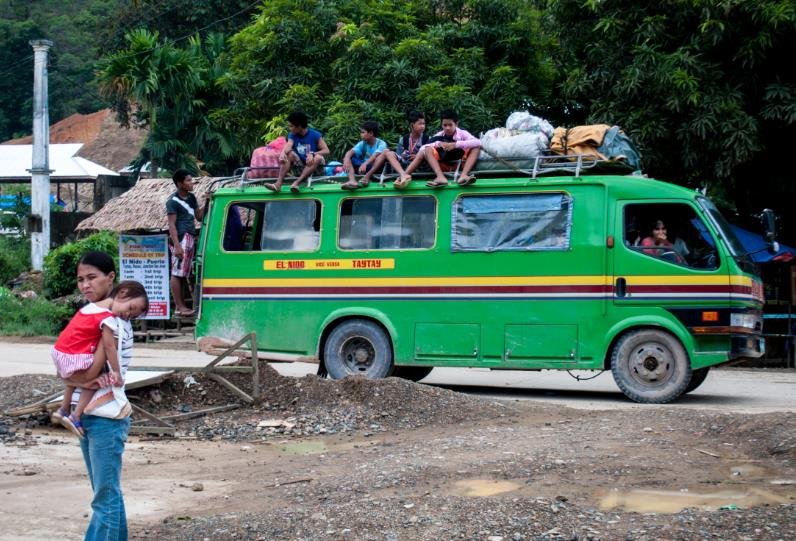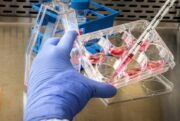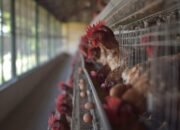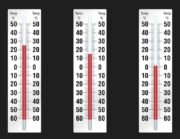In the province of Napo, in the Amazon region of Ecuador, many rural communities lack access to basic health care services. The nearest health center may be hours away by foot or boat, and the roads are often unpaved and dangerous. The lack of health care affects the well-being and development of children and families, especially those belonging to indigenous groups.
To address this gap, a local NGO called La Nueva Infancia (The New Childhood) launched a mobile health clinic in 2019, called the Caravan of Hope. The caravan consists of a truck equipped with medical equipment and supplies, and a team of health professionals, including doctors, nurses, dentists, psychologists, and social workers. The caravan travels to different communities every week, offering free consultations, treatments, and referrals for various health issues, such as malnutrition, anemia, infections, dental problems, and mental health disorders.
The caravan also provides health education and prevention activities, such as vaccination campaigns, deworming, family planning, and hygiene promotion. The caravan works in coordination with the local health authorities and community leaders, respecting the cultural diversity and traditions of the people they serve.

The impact of the pandemic and the response of the caravan
The COVID-19 pandemic has posed new challenges and risks for the rural communities in Napo, as well as for the caravan. The province has registered more than 6,000 cases and 200 deaths since the outbreak began, and the health system has been overwhelmed by the demand for testing, treatment, and intensive care. The pandemic has also affected the livelihoods and food security of the people, who depend on agriculture, tourism, and trade.
The caravan has adapted its operations and protocols to respond to the pandemic, following the guidelines of the Ministry of Health and the World Health Organization. The caravan has increased its capacity to perform rapid tests and PCR tests for COVID-19, and to provide oxygen therapy and medication for mild and moderate cases. The caravan has also distributed personal protective equipment, such as masks, gloves, and sanitizers, to the health workers and the community members. The caravan has continued to offer its regular health services, while implementing preventive measures, such as physical distancing, disinfection, and triage.
The caravan has also played a key role in raising awareness and dispelling myths about the pandemic, especially among the indigenous communities, who have been reluctant to seek health care or accept vaccination due to mistrust and misinformation. The caravan has used radio, social media, and community meetings to communicate accurate and timely information about the virus, the symptoms, the prevention, and the treatment. The caravan has also promoted the vaccination campaign, explaining the benefits and safety of the vaccines, and facilitating the access and registration of the eligible population.
The achievements and challenges of the caravan
Since its inception, the caravan has reached more than 15,000 people in 36 communities, providing more than 25,000 health services. The caravan has improved the health status and quality of life of the people, especially the children, who have received adequate nutrition, immunization, and dental care. The caravan has also empowered the people to take care of their own health, by teaching them how to prevent diseases, recognize warning signs, and seek timely assistance.
The caravan has also faced some challenges and difficulties, such as the lack of funding, the shortage of staff and equipment, the harsh weather conditions, and the security threats. The caravan relies on donations and grants from national and international organizations, such as UNICEF, the European Union, and the Rotary Club, to cover its operational costs and purchase its supplies. The caravan also struggles to recruit and retain qualified health professionals, who often prefer to work in urban areas or abroad. The caravan has to deal with the heavy rains, floods, landslides, and roadblocks that affect its mobility and access. The caravan has also encountered some resistance and hostility from some groups, who have accused it of being part of a political agenda or a religious proselytism.
Despite these challenges, the caravan remains committed to its mission of bringing essential health care services to the rural communities in Napo, who have been historically neglected and marginalized. The caravan hopes to expand its coverage and impact, by acquiring more vehicles and equipment, hiring more staff, and partnering with more organizations and institutions. The caravan also hopes to inspire and influence other initiatives and policies that aim to improve the health and well-being of the people in Ecuador and beyond.
















